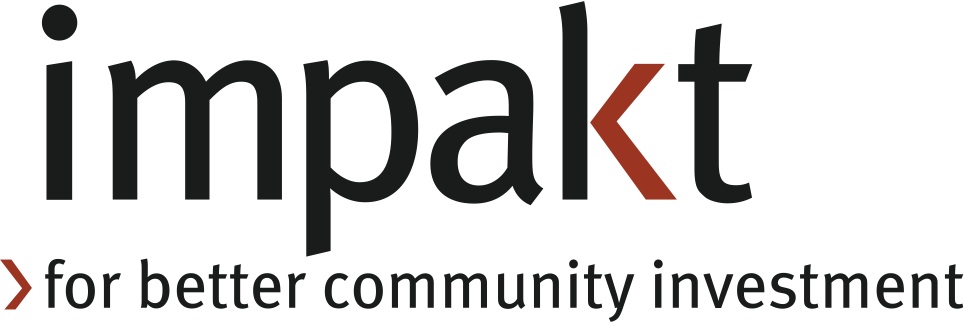Rethinking Capitalism
-
Creating Shared Value is a shift in mindset: from the belief that what’s good for business is good for society to thinking that what’s good for society is actually good for business.
-
Creating societal benefit is a powerful way to create economic value for firms. Professor Porter sites the environment as an example: making products that are good for the environment is a much more powerful way to create economic value than donating to environmental organizations.
-
Business has “maxed-out” on meeting the conventional needs of consumers. Moving forward, the opportunity for business lies in addressing societal needs such as health and the environment.
-
The current model on how to compete had been tapped-out. The new approach to differentiation will be based on thinking deeply about human needs and directly addressing these needs in products and services.
-
Creating Shared Value is more than being compliant and involves more than “just another volunteer program to build houses”. It means understanding where the value chain touches important social issues and monetizing these points of intersection.
-
Professor Porter illustrates the benefits of Creating Shared Value through the example of Fair Trade. The Corporate Social Responsibility approach is to help farmers in developing countries get a bigger piece of the pie by ensuring that they are paid fairly for their produce. Creating Share Value expands the pie. This is done by ensuring farmers have access to better fertilizer, seeds, and seedlings and improving logistical systems as needed to increase productivity, improve quality and ultimately generate higher prices.

